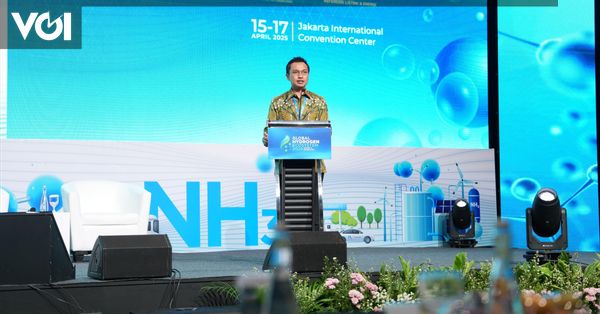PLN EPI Commits to Leading Green Hydrogen Development in Indonesia
Key Ideas
- PLN EPI is dedicated to developing the green hydrogen ecosystem in Indonesia to support the country's Net Zero Emissions target by 2060.
- The company envisions reaching 41 GW of hydrogen cofiring capacity by 2060 through the Accelerated Renewable Energy Development scenario.
- Several projects, including Green Hydrogen Plants and Hydrogen Fuel Cells, are in progress to complement renewables and reduce carbon emissions.
- PLN EPI highlights the importance of government support, technology development, and collaboration to overcome challenges in green hydrogen development.
PT PLN Energi Primary Indonesia (PLN EPI), a subholding of PT PLN (Persero), is making significant strides in the development of the green hydrogen ecosystem in Indonesia. Rakhmad Dewanto, the Director of Gas and BBM at PLN EPI, emphasizes the company's commitment to supporting Indonesia's Net Zero Emissions target by 2060. PLN aims to combat the high CO2 emissions from the electricity sector by implementing the Accelerated Renewable Energy Development scenario, projecting a hydrogen cofiring capacity of 41 GW by 2060.
PLN has already initiated crucial projects such as Green Hydrogen Plants, hydrogen refueling facilities, and hydrogen cofiring for power plants. The company plans to expand these initiatives by integrating hydrogen fuel cells into microgrids in various locations. Rakhmad stresses the importance of utilizing green hydrogen and ammonia primarily in the electricity sector while exploring potential applications in transportation, industry, and commodities.
While acknowledging the challenges posed by the relatively high cost of renewable energy, Rakhmad advocates for government support, technology advancement, and infrastructure development to promote the growth of green hydrogen in Indonesia. PLN EPI is open to partnerships with stakeholders to address these obstacles and position Indonesia as a key player in green hydrogen production and exports in Asia.
In conclusion, Rakhmad envisions Indonesia not only meeting its energy demands sustainably but also contributing significantly to the global decarbonization efforts. The synergy between stakeholders, innovation, and sustainability will play a vital role in realizing Indonesia's potential in the green hydrogen sector.
Topics
Asia
Renewable Energy
Sustainability
Energy Transition
Decarbonization
Collaboration
Infrastructure Development
Government Support
Export Opportunities
Latest News
